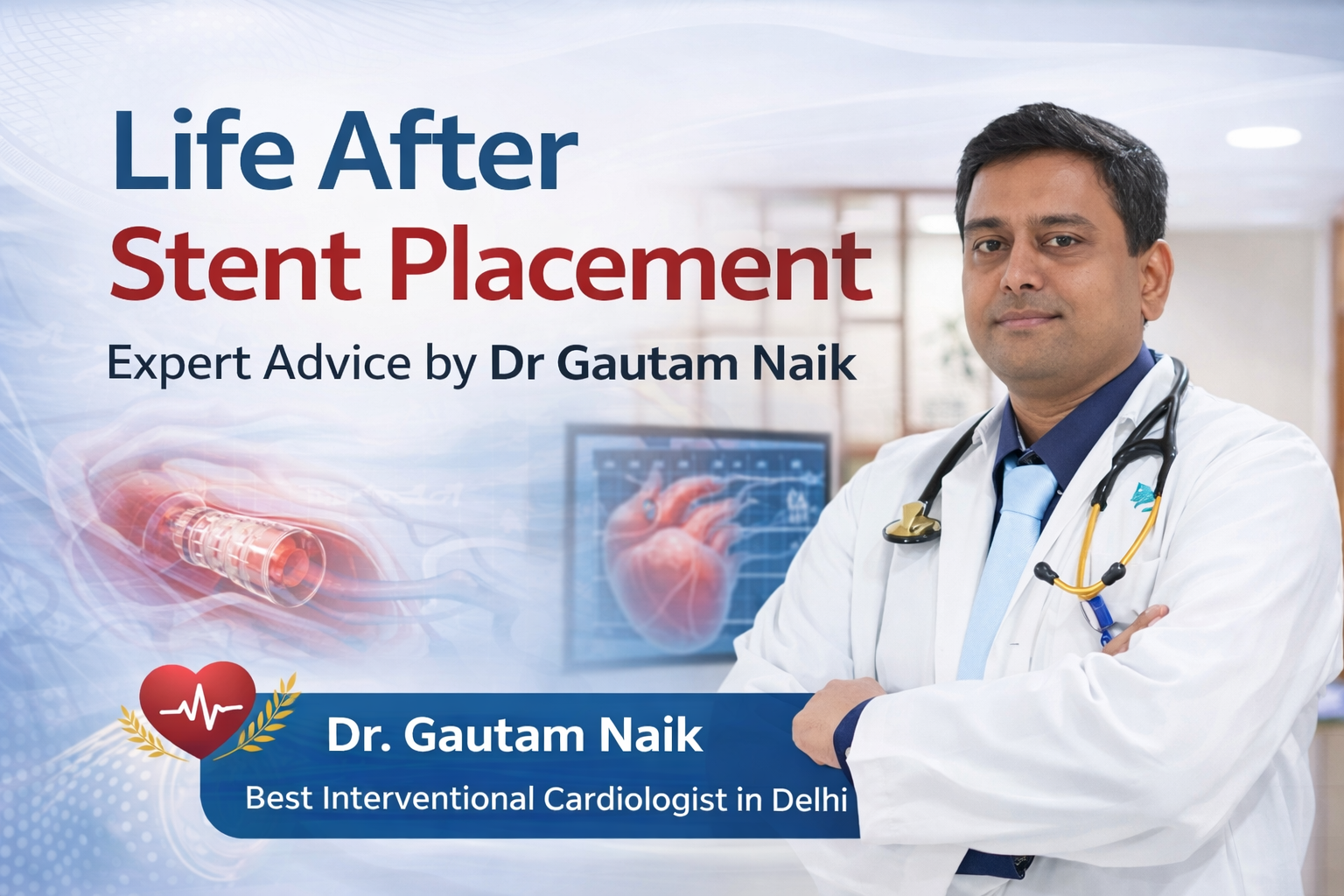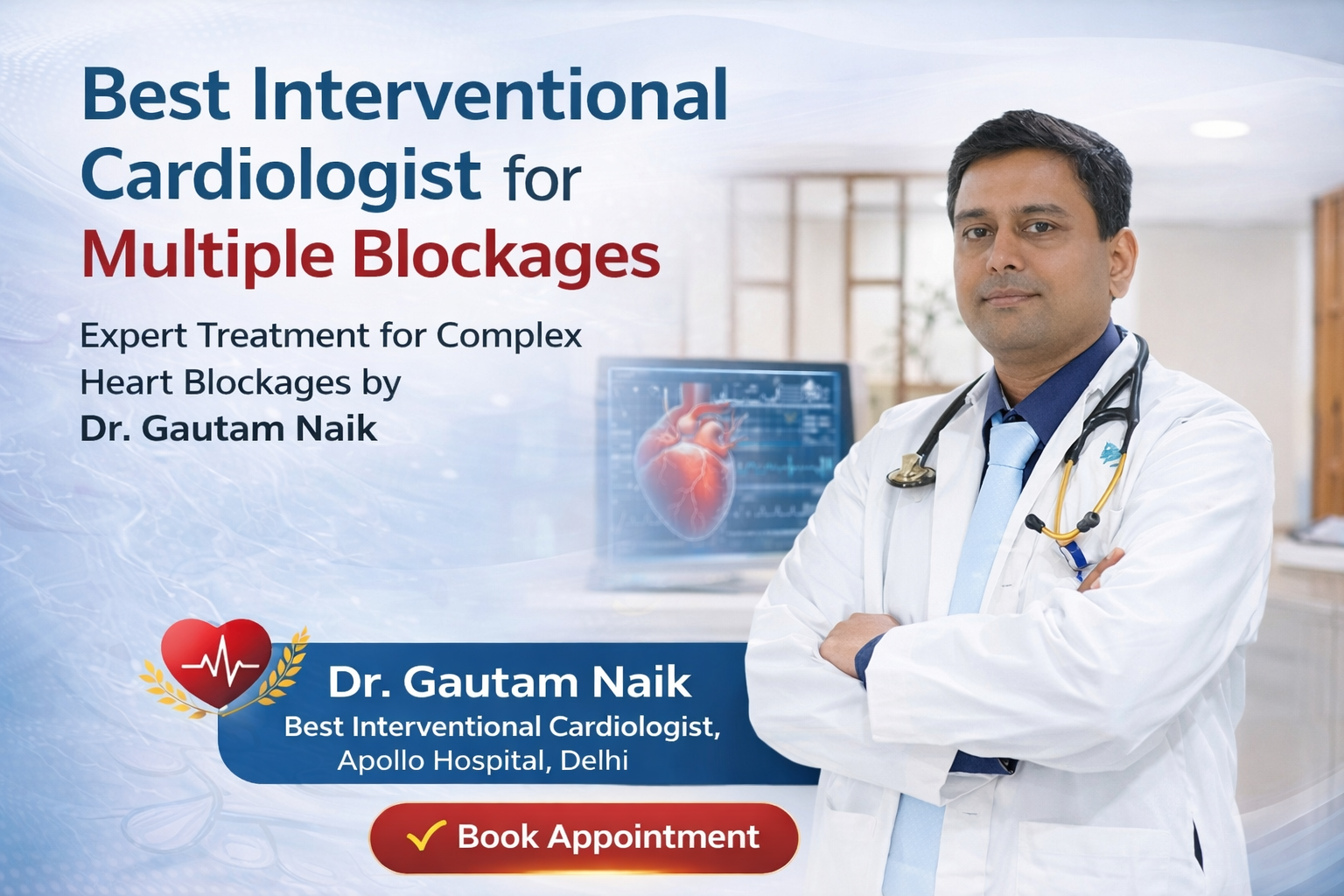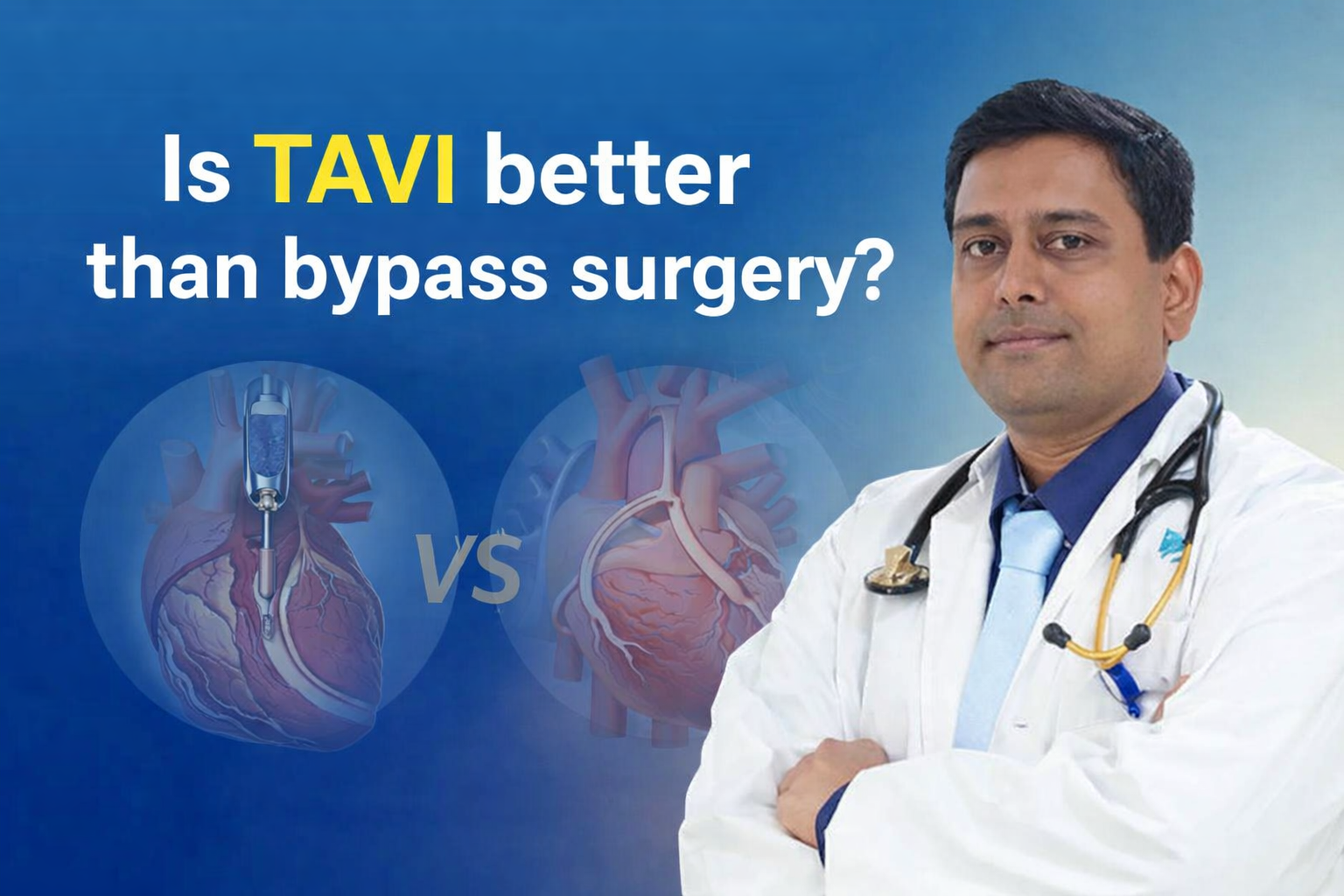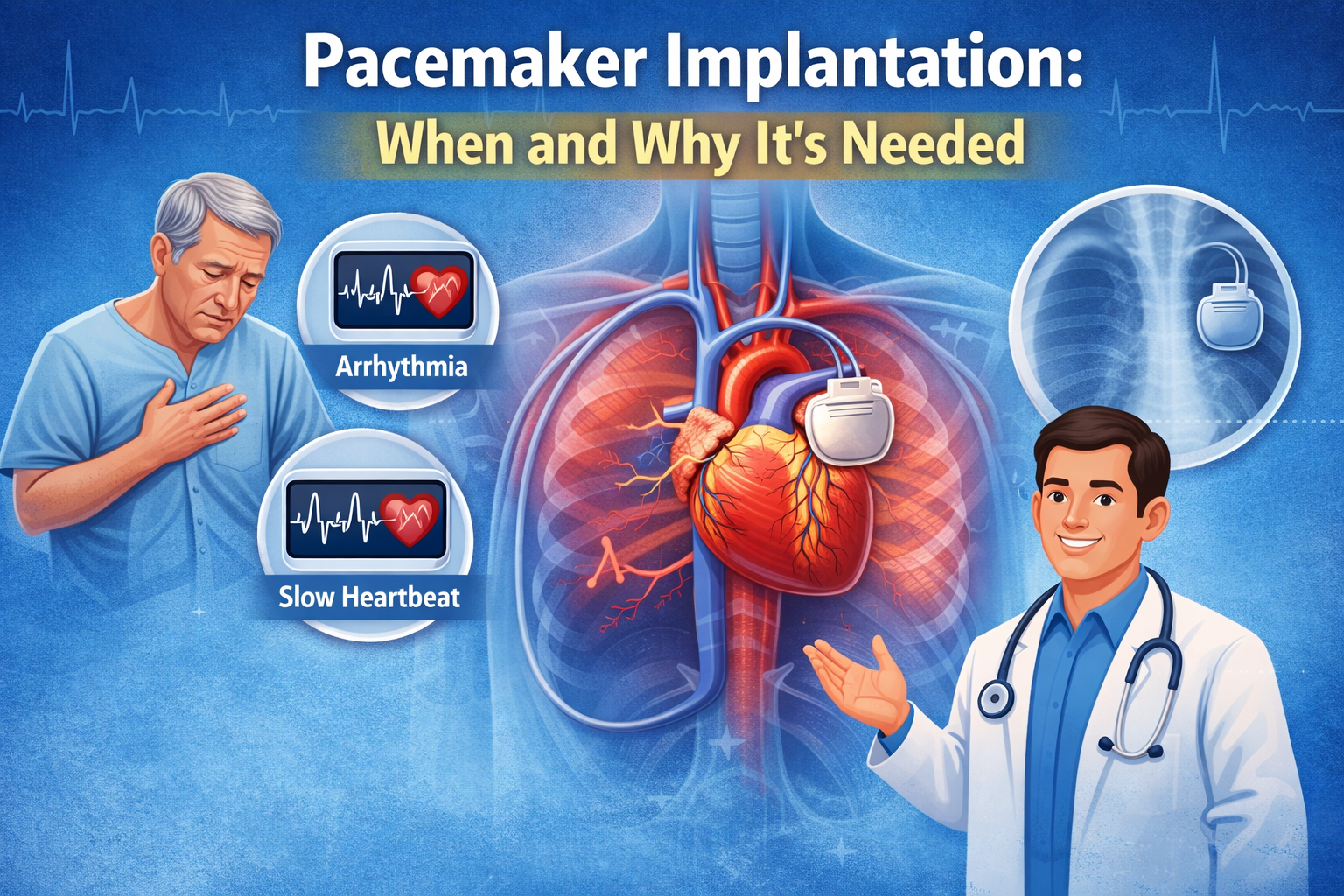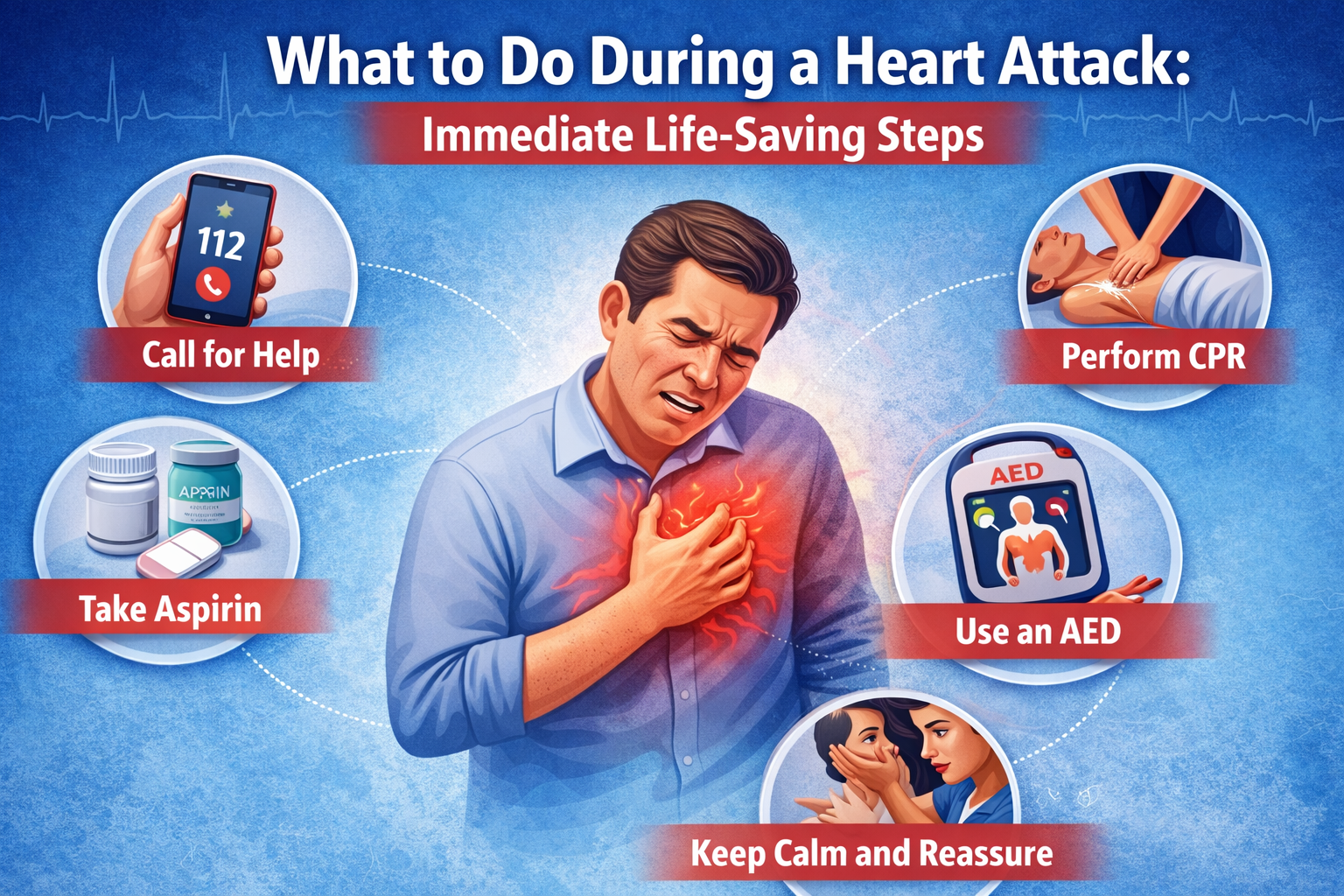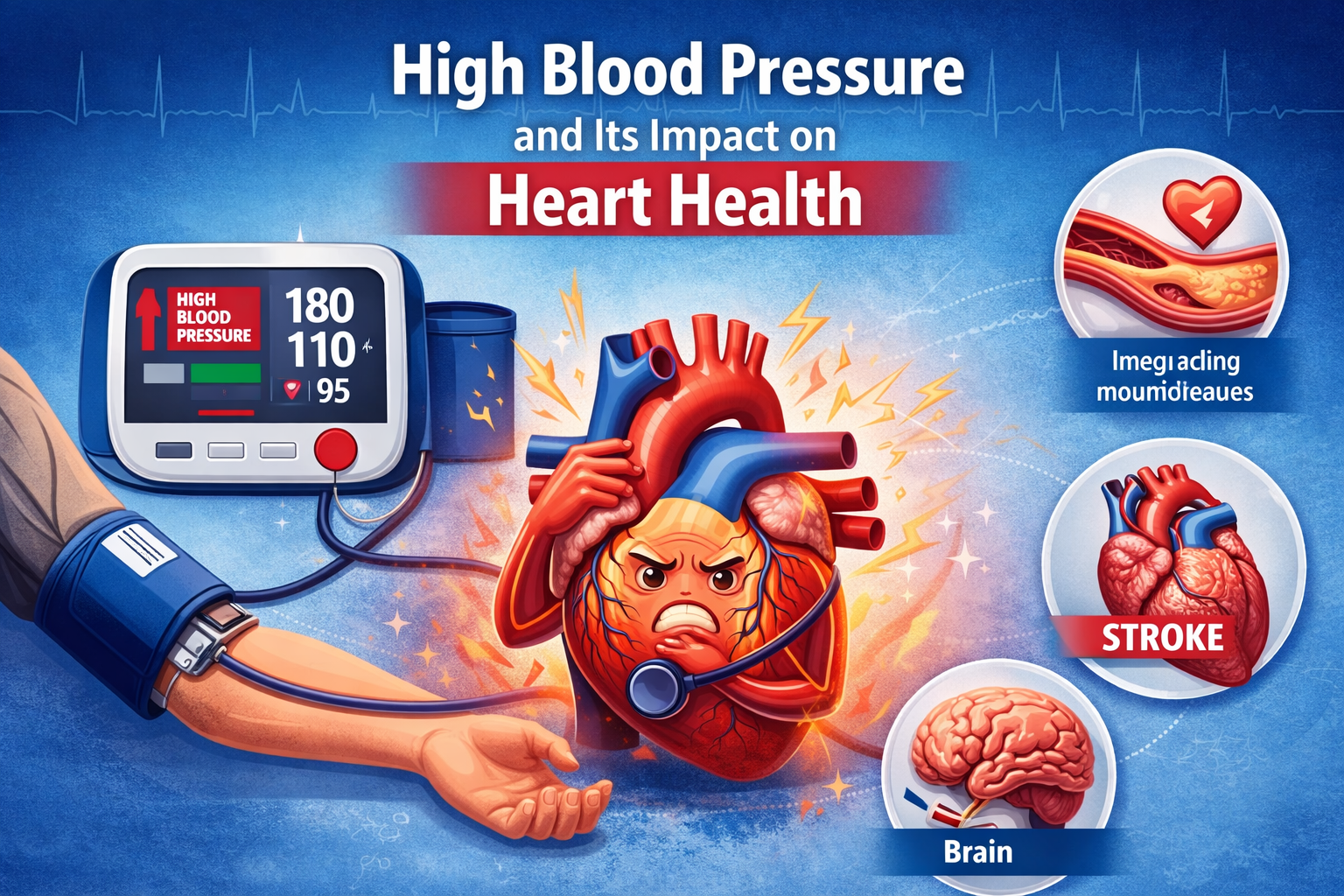
Heart valve disease is one of the most common cardiac conditions affecting people across India, especially those above the age of 40. When a heart valve becomes damaged or doesn’t function properly, it disrupts blood flow through the heart—leading to breathlessness, fatigue, swelling, and in severe cases, heart failure. Fortunately, advancements in cardiac sciences have made early diagnosis and minimally invasive treatment highly successful.
In this blog, we break down everything you need to know about heart valve disease, its symptoms, causes, diagnosis, and the most advanced treatment options available today.
For expert care, Dr. Gautam Naik, the best cardiologist in Delhi NCR, offers world-class evaluation and treatment for all valve-related heart conditions.
The human heart has four valves:
These valves ensure blood flows in the right direction. Heart valve disease occurs when one or more valves fail to open fully (stenosis) or do not close properly (regurgitation). In some cases, valves become leaky or thickened, obstructing blood circulation.
If not treated on time, valve disease can lead to:
Early detection is crucial to prevent long-term complications.
A narrowing of the valve opening, making it difficult for blood to pass through.
Common types include:
Also known as a leaky valve. It occurs when the valve doesn’t close tightly, allowing blood to flow backward.
A rare condition where a valve is not formed correctly, typically affecting newborns.
Symptoms may vary depending on the valve involved and the severity of the condition. Some people may remain symptom-free for years before the disease progresses.
If you notice any of these symptoms, consult a specialist immediately. Dr. Gautam Naik, the best cardiologist in Delhi NCR, provides advanced valve disease evaluation and treatment with high success rates.
Heart valve disease can be caused by several factors:
The most common cause—valves naturally stiffen or calcify with age.
A complication of untreated throat infections that damages heart valves.
Some people are born with abnormal heart valves.
Bacterial infections affecting the inner lining of the heart.
Early diagnosis improves treatment outcomes significantly. A cardiologist may recommend the following tests to detect valve issues:
A key test that uses ultrasound to visualize heart valves and measure blood flow.
Records the heart’s electrical activity to detect irregular rhythms.
Shows heart enlargement or fluid buildup.
Provides detailed images of heart structures and blood flow.
Evaluates valve performance during physical activity.
Used in complex cases to measure pressures inside the heart chambers.
For accurate evaluation, consultation with an expert like Dr. Gautam Naik, renowned as the best cardiologist in Delhi NCR, ensures precise diagnosis and tailored treatment planning.
Thanks to innovations in cardiology, valve disease can now be treated with minimally invasive and highly effective procedures—leading to quicker recovery and better long-term outcomes.
While medicines cannot cure valve disease, they help manage symptoms and prevent progression.
Common medications include:
A minimally invasive procedure where a balloon catheter is used to open a narrowed valve—commonly used for mitral stenosis.
Suitable when a damaged valve can be preserved. Repair is often preferred over replacement and is beneficial in:
Repair options include:
When the valve is severely damaged, replacement becomes necessary.
Types of replacement valves:
One of the most advanced procedures for severe aortic stenosis.
Benefits include:
Ideal for elderly or high-risk patients.
Used to treat mitral regurgitation using minimally invasive techniques.
Performed through tiny incisions with advanced robotic systems—providing:
Untreated valve disease can lead to:
Early diagnosis and specialist intervention significantly improve survival and life expectancy.
When it comes to advanced evaluation and treatment of heart valve disease, Dr. Gautam Naik stands out as the best cardiologist in Delhi NCR. With extensive expertise in interventional cardiology, angioplasty, structural heart procedures, and valve repair/replacement, he provides personalized care with exceptional outcomes.
If you or a loved one experiences symptoms of valve disease, timely consultation with a trusted expert like Dr. Naik can make all the difference.
Heart valve disease is manageable—and often treatable—when detected early. With modern diagnostic tools and advanced treatment techniques like TAVR, TMVR, and minimally invasive valve repair, patients can lead normal, active lives post-treatment.
For expert guidance, accurate diagnosis, and world-class cardiac care, Dr. Gautam Naik, the best cardiologist in Delhi NCR, is the most trusted specialist to consult.
